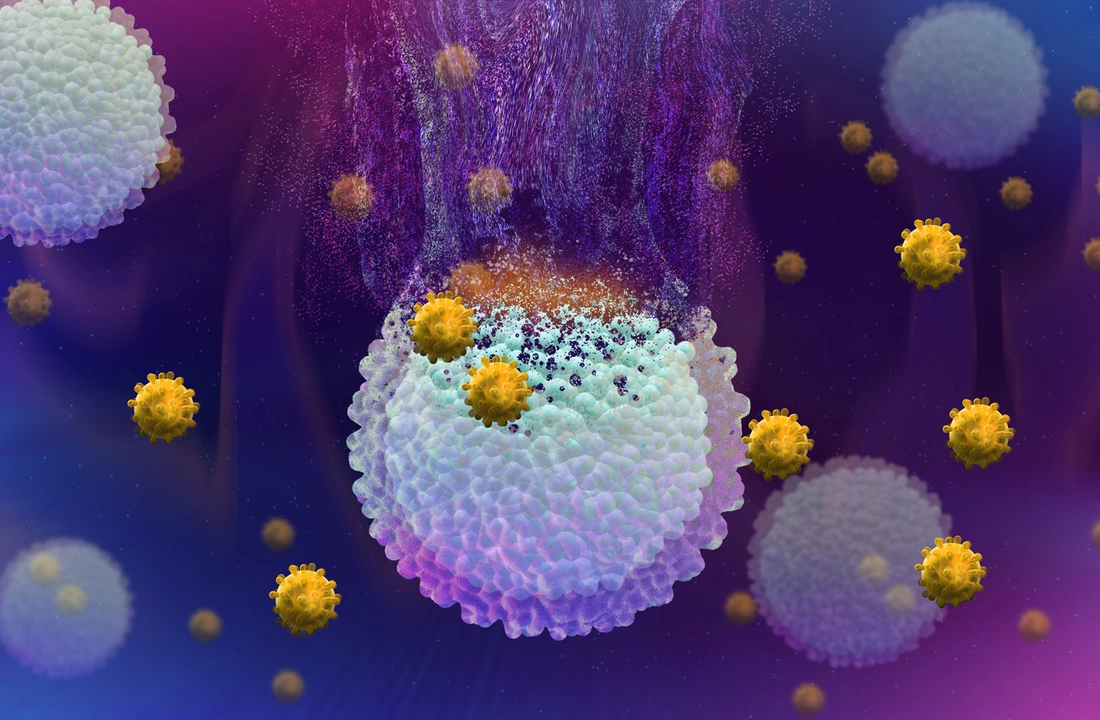Immunotherapy: What it Is and How to Get Ready
Immunotherapy uses your immune system to fight disease. You’ve probably heard about it in cancer care, but it’s also used for some autoimmune and infectious conditions. This page gives short, useful facts: the main types, what to expect, common side effects, and practical tips for finding trusted care.
Main types you should know
Checkpoint inhibitors — drugs that unblock immune cells so they attack tumors. Names you might see: pembrolizumab, nivolumab. CAR‑T cell therapy — doctors reprogram your own immune cells in a lab and infuse them back to target specific cancer cells. Monoclonal antibodies — lab-made proteins that bind targets on cancer or immune cells. Cytokine therapy — uses immune-signaling proteins like interleukins or interferons to boost activity. Cancer vaccines and oncolytic viruses — less common, but they train the immune system to recognize cancer or directly kill tumor cells.
Each approach has different timelines. Checkpoint inhibitors are often given as regular infusions over months; CAR‑T can be a one-time intensive treatment with close monitoring.
What to expect and watch for
Immunotherapy can cause immune-related side effects because it ramps up your immune response. Watch for new symptoms involving the skin (rashes), gut (diarrhea), lungs (shortness of breath), liver (jaundice or abnormal tests), or hormone glands (fatigue, weight changes). These can appear weeks to months after starting treatment.
If you get symptoms, tell your care team right away. Early treatment with steroids or other immune-suppressing meds can stop problems from getting worse. Ask your clinic for a treatment card or instructions to carry in case you see other doctors or go to the ER.
Practical prep tips: bring a list of every medicine and supplement you take. Ask about vaccinations — some live vaccines aren’t safe during or right after certain immunotherapies. Discuss fertility plans, travel, and driving if your treatment can cause dizziness or severe fatigue.
How to find reliable treatment and info: start with your oncologist or specialist. If you’re exploring options, ask about clinical trials — they can offer access to new immunotherapies under close monitoring. Use reputable sites and check dates on medical content. On RX2Go.com you’ll find practical guides about medications, telehealth options, and how to safely order supportive drugs online; use those pages to compare access and safety tips, not to replace specialist advice.
Insurance and costs vary widely. Before treatment, request a benefits check from your provider or the clinic’s financial counselor. For symptom relief medicines or travel prescriptions, look into licensed online pharmacies and telehealth services that follow local laws.
Bottom line: immunotherapy can be powerful, but it needs careful monitoring. Know the signs of immune-related side effects, keep clear records, and work closely with your medical team. If you want, use site search to find related posts on RX2Go about supportive meds, telehealth, and safe online pharmacies to help manage treatment logistics.
